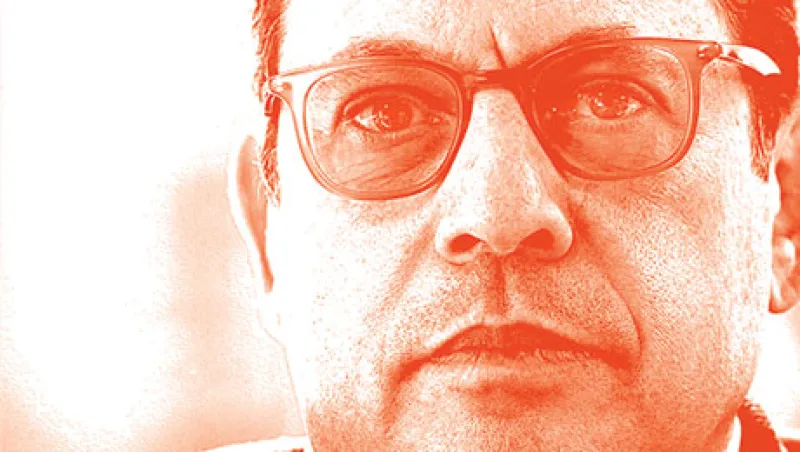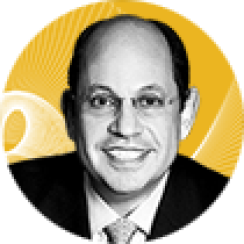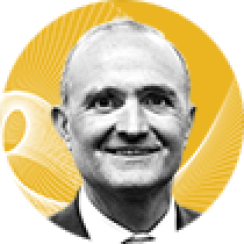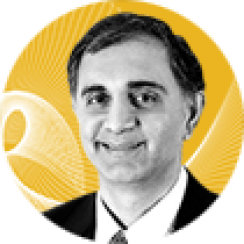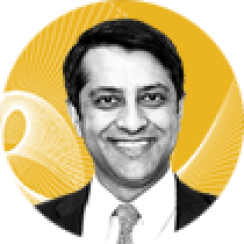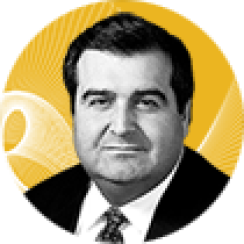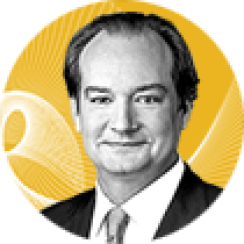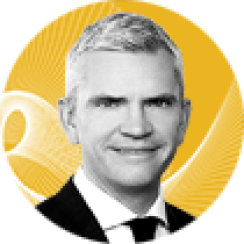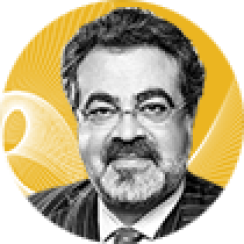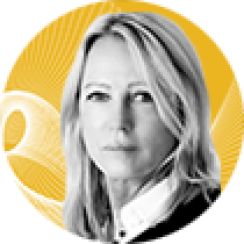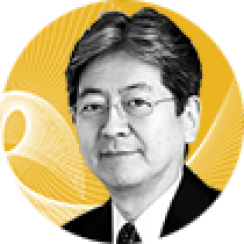Modern financial markets could not function without automation. Traders, counterparties, and transaction-processing infrastructures depend on automation to cope with the avalanches of data that are both generated by the markets and essential to their reliability and integrity. Despite occasional glitches — which have become progressively less frequent and less severe since the disastrous flash crash of May 2010 — it all happens so smoothly that it is easy to take the technology for granted.
That's a credit to the technologists of the trading world featured in this year's Trading Technology 40. Whether they work in equities, fixed income, currencies, commodities, or derivatives, the executives listed here are pioneering solutions to countless problems presented by the size and complexity of markets.
Take, as an example, the liquidity squeeze in corporate bonds, a consequence of dealers' retreating from principal trading that puts their own capital at risk. Enter creative thinkers and problem solvers like Richard Prager, BlackRock's head of trading, liquidity, and investments platform. No. 1 this year, Prager has made an industrywide impact by articulating concerns about tight liquidity and encouraging buy-side-driven solutions. BlackRock collaborated, for instance, on Open Trading, a protocol on the MarketAxess Holdings (see No. 12, Nick Themelis) platform that aggregates liquidity from a broad range of market participants.
For sourcing liquidity and preparing to trigger an algorithmic strategy, among other essential tasks, the acceleration of computing power and speed has for years been a driving force in trading technology development. The pursuit of low latency — minimizing communication time — fueled the so-called algorithmic arms race, which continues to this day. To KCG Holdings chief technology officer Mike Blum (No. 9), however, speed isn't the be-all and end-all that it used to be. Although it still matters and can't be neglected, "the focus now is on alpha," he says. "Now it's about getting smarter."
Indeed, intelligence has emerged as a common theme in trading and in the analytics that underlie decisions and strategies. Portware (Alfred Eskandar, No. 30) introduced an artificial intelligence component into its execution management system in 2012. Today machine intelligence supporting real-time decision making is embedded in Bloomberg Tradebook (Glenn Lesko, No. 6) and in Optimus from Citi (Dan Keegan, No. 5). It doesn't end there: Tradeweb Markets (Billy Hult, No. 14) is touting the concept of intelligent execution "to integrate machine learning to make trading smarter," while the Financial Industry Regulatory Authority (Steven Randich, No. 31) is putting machine learning to use as a tool for surveillance of 50 billion trades, quotes, and other daily market events. (Not to discount the human element, BlackRock's Prager emphasizes that "it's about people and the machine.")
The Trading Technology 40 were selected by Institutional Investor editors, taking into account nominations and input from industry experts. The leadership criteria include recent and career accomplishments and contributions to individual companies and to the industry at large; scope and complexity of executive responsibilities; and pure technological innovation. Click on the links to the 40 profiles below.
The ranking was compiled under the direction of Senior Contributing Editor Jeffrey Kutler. Profiles were written by Kutler; Asia Bureau Chief Allen T. Cheng; Staff Writer Jess Delaney; and Senior Writers Frances Denmark, Imogen Rose-Smith, and Julie Segal.
The 2017 Trading Tech 40Click below to view profiles


